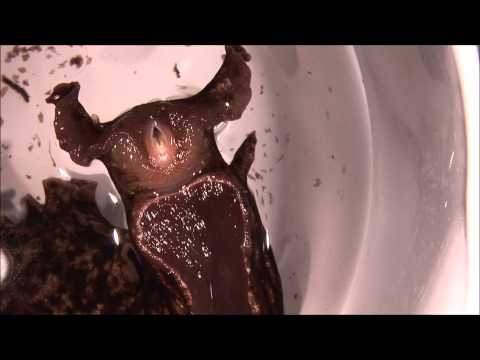The main function of brains is to generate adaptive behavior. Far from being the stereotypical, robot-like insect, the fruit fly Drosophila exhibits astounding flexibility and chooses different courses of actions even under identical external circumstances. Due to the power of […] ↓ Read the rest of this entry…
Posts Tagged conditioning
The data clearly show that publications in Cell, Nature or Science (CNS for short), on average, cannot be distinguished from other publications, be it by methodology, reproducibility or other measures of quality. Even their citation advantage, while statistically significant, is […] ↓ Read the rest of this entry…
At this year’s Winter Conference on Animal Learning and Behavior, I was invited to give the keynote presentation on the relationship between classical and operant conditioning. Using the slides below, I argued that Skinner already had identified a weakness in […] ↓ Read the rest of this entry…
This year’s Winter Conference on Animal Learning and Behavior (WCALB) will be on one of my oldest and most central research projects, the commonalities and differences between operant and classical conditioning. I picked this project for my Diploma (Master’s) thesis […] ↓ Read the rest of this entry…
During my flyfishing vacation last year, pretty much nothing was happening on this blog. Now that I’ve migrated the blog to WordPress, I can actually schedule posts to appear when in fact I’m not even at the computer. I’m using […] ↓ Read the rest of this entry…
In the process of migrating content from the old site to WordPress, I’m also moving some articles from there and re-publishing them here as posts. This one is such a case, originally published on December 7, 2006. Unfortunately, I never […] ↓ Read the rest of this entry…
During my flyfishing vacation last year, pretty much nothing was happening on this blog. Now that I’ve migrated the blog to WordPress, I can actually schedule posts to appear when in fact I’m not even at the computer. I want […] ↓ Read the rest of this entry…












